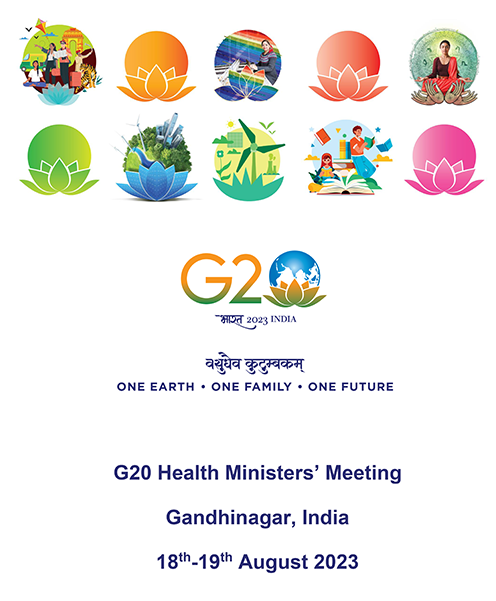In a new article published on Medium, Patrick Osewe, Director of Health, Human and Social Development Division, Asian Development Bank, and Josh Karliner, Director of Global Partnerships, Health Care Without Harm, analyze the global impact of the G20 health ministers’ new, groundbreaking commitment to health care resilience and decarbonization.
The G20 health ministers emphasized that “climate change would continue to drive health emergencies,” and committed to building low-carbon, climate resilient health systems, including mobilizing resources for their implementation:
"Climate change will continue to drive health emergencies, including through the emergence and re-emergence of infectious diseases and by increasing the severity and frequency of natural disasters, thereby threatening to overwhelm health systems’ ability to deliver essential health services. As such, we recognize the need to enhance the resilience of health systems against the impact of climate change. We commit to prioritizing climate-resilient health systems development, building sustainable and low-carbon/low greenhouse gas (GHG) emission health systems and healthcare supply chains that deliver high-quality healthcare, mobilize resources for resilient, low-carbon sustainable health systems, and facilitate collaboration, including initiatives such as the WHO-led Alliance for Transformative Action on Climate and Health (ATACH)."
